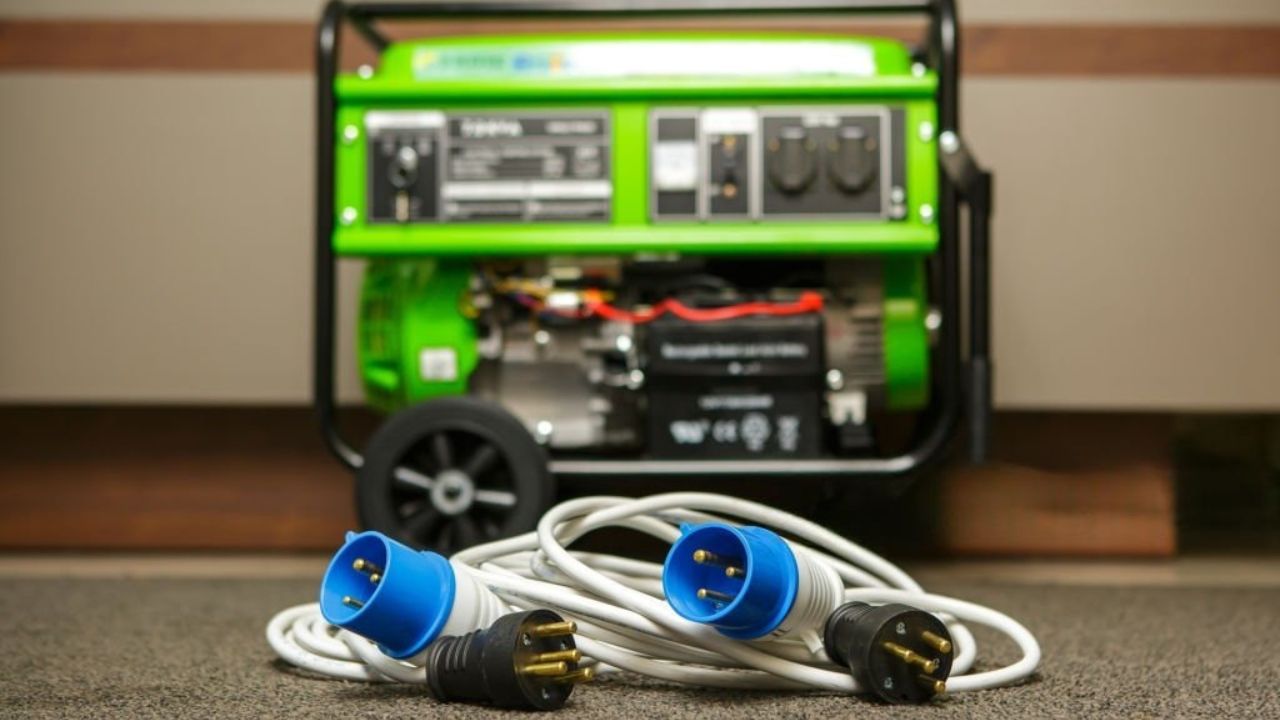This one thing keeps most generators from lasting past year two
Generators fail long before they should—and it’s rarely because of poor quality. Most don’t make it past their second year because owners skip regular maintenance, especially oil changes.
It’s easy to think a generator can sit untouched until you need it, but that “set it and forget it” mindset is exactly what kills them. A generator isn’t a backup plan you dust off once a year. It’s a machine with an engine that needs the same care as your truck or mower.
Oil changes matter more than you think
The biggest reason generators burn out early is neglected oil. The oil breaks down over time, even when the generator isn’t running. When you finally fire it up, that old oil can’t lubricate the engine properly, leading to wear, heat buildup, and eventual failure.
Every manufacturer lists an oil change schedule, usually after the first 20–30 hours of use and then every 100 hours after that. But here’s the catch—hours add up faster than you think during an outage. Run it for four days straight, and you’ve already hit that limit. Skipping that change even once can cut the life of your generator in half.
Sitting idle is worse than running it
Letting a generator sit for months without being started does more damage than using it regularly. Gas goes bad, moisture builds up, and internal seals start to dry out. When you finally go to start it, you’re forcing old fuel through clogged jets and stale oil through dry bearings.
Running your generator for 15–20 minutes every month keeps everything lubricated and the carburetor clean. It also lets you spot problems before they become expensive repairs. That small routine is what separates a dependable generator from one that dies when you need it most.
Old fuel ruins everything fast
If your generator uses gasoline, fuel quality makes a huge difference. Gas starts to degrade in as little as three months, turning into a sticky varnish that gums up the carburetor. Once that happens, you’ll deal with hard starts, sputtering, or a generator that won’t run at all.
Adding a fuel stabilizer keeps gas fresh for up to a year. Better yet, drain the tank and run the carburetor dry if you won’t be using it for a while. For propane or diesel models, still check your fuel lines for leaks or clogs—bad fuel isn’t the only thing that can stop power from flowing.
Dirty air filters choke the engine
A generator’s air filter works hard when it’s running outside. Dust, pollen, and debris get sucked in fast, especially if it’s near a barn or gravel drive. When that filter clogs, the engine has to work harder and runs hotter, which shortens its life.
Check the air filter every few uses or after long runs. Clean it if it’s reusable, or replace it when it starts looking gray or packed with dirt. It’s an easy fix that makes a big difference in how long your engine lasts.
You have to check load and connections

Running a generator at full load constantly or connecting it wrong can burn out the alternator and voltage regulator. These components aren’t designed to handle max output for long stretches. If you overload it—even for a few minutes—you’ll feel it later when it stops producing steady power.
Know what you’re powering and how much wattage it draws. Use heavy-duty cords rated for your generator’s output, and don’t daisy-chain multiple cords together. The cleaner your setup, the longer your system will hold up.
Maintenance schedules aren’t optional
Every type of generator—gas, propane, diesel, or solar hybrid—has its own maintenance schedule. Ignoring those intervals because it “seems fine” is the reason most units don’t make it past two years. Belts, spark plugs, oil filters, and gaskets all wear down quietly until something fails under load.
Make a quick log on paper or your phone to track runtime and maintenance dates. It takes less than a minute to jot down, but it saves you hundreds in repairs and replacement costs down the road.
Where you store it matters
Generators need to stay dry, clean, and covered—but not sealed in airtight plastic. Trapping moisture causes rust and corrosion in the fuel system and electronics. A ventilated shed or weatherproof cover works best.
If you store it in a garage, keep it off the concrete floor with a mat or small platform. Concrete wicks moisture, which can corrode metal over time. A few inches of elevation can add years to its lifespan.
Bad grounding and wiring cause early failure
Generators that aren’t grounded properly can experience voltage spikes that damage the alternator and inverter components. Over time, that electrical stress breaks things down from the inside out.
Always use a proper grounding rod or follow the manufacturer’s grounding recommendations. If you’re not sure how, hire an electrician to set it up once—you’ll only have to do it right one time, and it’ll protect your entire system.
The best generators are the ones that get used

The people whose generators last the longest are the ones who actually use them. They start them up monthly, change the oil when needed, and don’t let them sit in the corner for a year. A generator is an engine, not a decoration. It rewards consistency.
Skipping oil changes and ignoring maintenance is what kills most units before year two. Take care of it the way you would any other engine, and it’ll take care of you when the lights go out.
Like Fix It Homestead’s content? Be sure to follow us.
- I made Joanna Gaines’s Friendsgiving casserole and here is what I would keep
- Pump Shotguns That Jam the Moment You Actually Need Them
- The First 5 Things Guests Notice About Your Living Room at Christmas
- What Caliber Works Best for Groundhogs, Armadillos, and Other Digging Pests?
- Rifles worth keeping by the back door on any rural property
*This article was developed with AI-powered tools and has been carefully reviewed by our editors.







